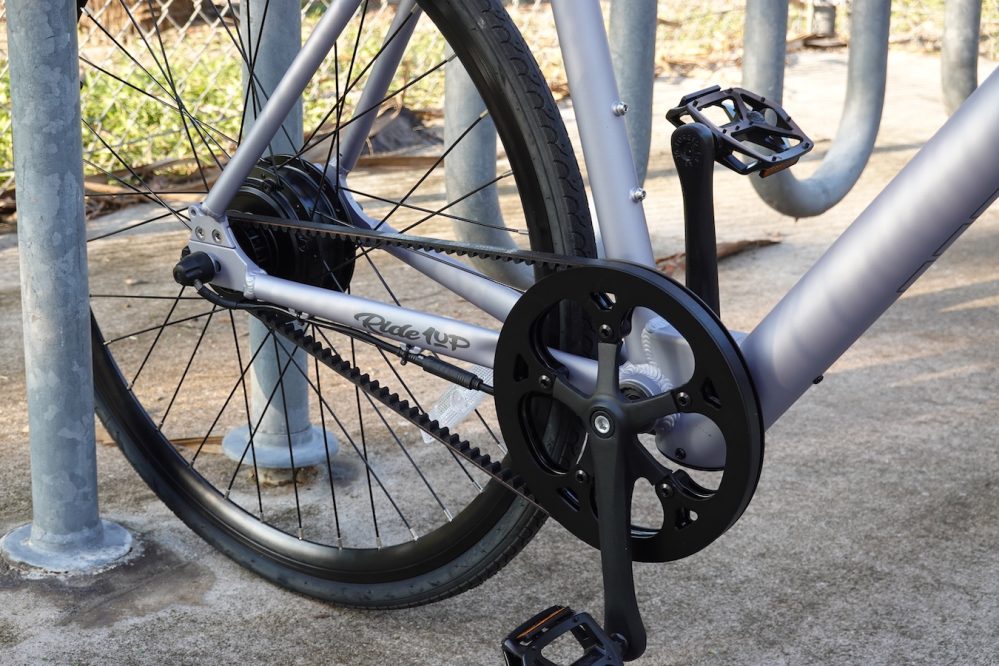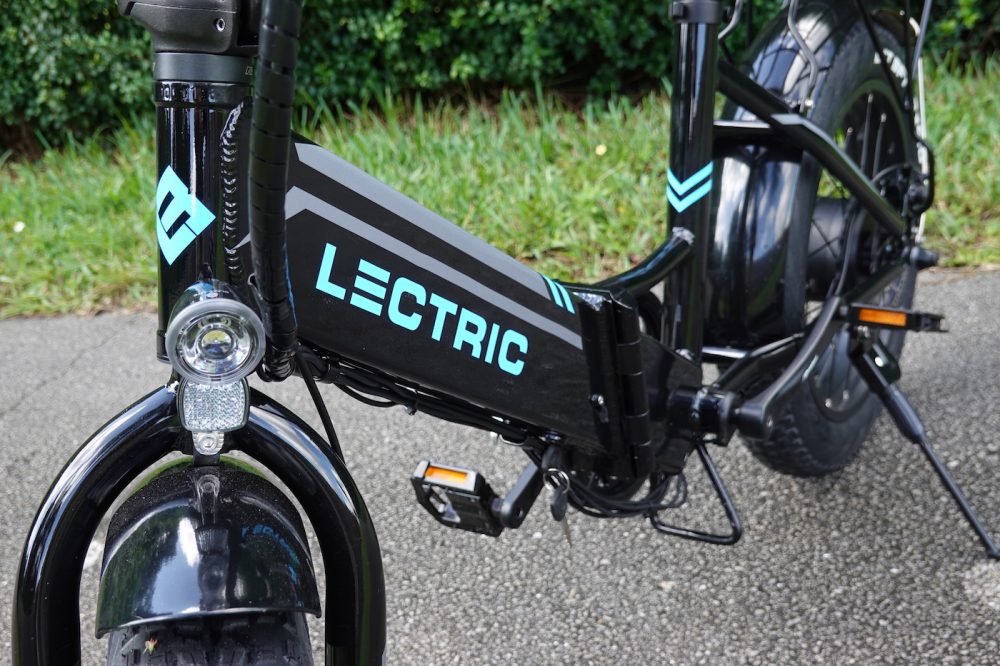
Electric bicycle prices have followed a bit of a rollercoaster trajectory over the last few years. While there are still several great options for low cost e-bikes on the market, prices are currently trending back up.
Here’s why.
The on-going trade war between the US and China isn’t the only reason for inflated electric bicycle prices, though it certainly hasn’t helped.
While exceptions were created that helped e-bikes avoid many of the tariffs over the last year, those exceptions expired January 1st of this year.
There was hope that the Biden administration would extend the tariff exceptions that included e-bikes, but that has not happened so far.
In the meantime, we’ve seen several e-bike companies slowly increase prices. Some companies such as Rad Power Bikes, Juiced Bikes, Aventon Bikes and Priority Bicycles have slowly phased out promotional pricing, effectively increasing prices back to MSRPs.
Other companies that have relied on low pricing as a standard model are now raising prices slightly across the board. Ride1up is one such company that announced just this weekend that prices would increase by $100 for all of the company’s models starting on March 10th.
The original goal of the tariffs was to foster electric bicycle production in the United States. While we have seen rare, promising examples of US e-bike production, most of the industry agrees that large scale e-bike manufacturing in the US is simply not capable of remaining competitive with Asian manufacturing.
As Ride1Up owner Kevin Dugger explained in an email to Electrek:
It’s sad to see that the product category of electric bikes, which we find are used by more than half of our buyers as an alternative transportation, is taxed at 25% while billions of dollars of unnecessary frivolous goods are allowed into the country with little to no tariff. Since bikes and e-bikes especially have their entire supply chain in Asia, it isn’t realistic for any one bike or e-bike company to begin manufacturing all of these components in the US. I don’t know a single e-bike company that manufacturers every component in-house. It would be a momentous undertaking that companies with the scale of Tesla can perhaps accomplish, but the ceiling just isn’t high enough in the world of bikes. Since 98% of all e-bikes sold in the US source their bikes or components from China, this tariff is essentially a tax on the growing ultra efficient alternative transportation industry. Which is extremely sad to see at a time when much less efficient and more environmentally costly electric cars are available with a $7,500 tax credit

While the expiration of e-bike tariff exceptions has played a large role in the current e-bike pricing landscape in the US, it isn’t alone.
Other factors are combining to put pressure on electric bicycle companies.
As Bicycle Retailer reported, US companies are already dealing with shifting exchange rates that disadvantage their pricing structures. The US dollar has fallen approximately 10% compared to Chinese and Taiwanese currency in the last year.
At the same time, the cost of materials used in e-bike manufacturing has risen steadily. Aluminum and steel prices are up 15% and 20% respectively since the beginning of 2020. Rubber costs are up 20% and even corrugated cardboard used to make the large e-bike boxes is up 10%.
Most supply chains around the world have been disrupted by COVID-19, but the electric bicycle industry was hit particularly hard due to a combination of reduced supply and unprecedented demand.
The electric bicycle industry saw its largest growth ever early in the pandemic when riders everywhere began adopting e-bikes as safer socially-distant transportation alternatives and recreational escapes from lockdown-induced cabin fever.

Not every e-bike retailer has followed suit with increased prices. Lectric Bikes, maker of the popular , has so far managed to hold prices steady.
Other companies have only raised prices selectively. Rad Power Bikes has seen some price increases, such as the now . Meanwhile the company has managed to keep other prices lower, such as the and
Late winter is not generally a high sales period for the electric bicycle industry, though nothing about the last 12 months has been remotely usual. Seasonal and holiday sales will likely still bring reduced prices throughout the remainder of the year, and all eyes are now on the Biden administration in hopes of seeing a new round of tariff exceptions for electric bicycles.
Subscribe to Electrek on YouTube for exclusive videos and subscribe to the podcast.
Author: Micah Toll
Source: Electrek



